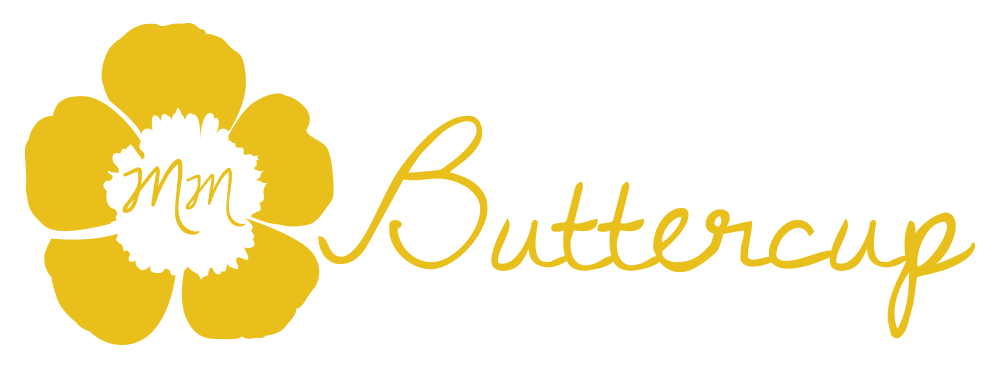Research on play is an interest of mine. I study play-based assessment, and link my assessment research to classes I teach and outreach I do with teachers and professionals working with young children (Macy, 2023). If you are interested, learn more about assessment by heading over to YouTube and checking out a webinar I did last Thursday night for early childhood professionals in Australia:
Authentic Assessment and Alignment to Professional Practice: Professor Marisa Macy (click bold link)
We learned some things from a study that happened over two years with groups of children from rural areas. Our study focused on learning ways to improve authentic assessment practices leading to a successful transition from preschool to kindergarten (Burke et al., 2025).
A smaller group of children from our research spoke English and Spanish. Our study was with Head Start educators and parents of multi-lingual learners (Edokhamhen et al., 2025; Macy et al., 2025). Children who speak multiple languages may have special needs compared to mono-lingual children. This includes access to linguistically valid assessment services. Nine teachers and parents evaluated nine Spanish speaking children transitioning to kindergarten using the AEPS-3 Ready Set (Bricker et al., 2022a) and those scores were evaluated for interrater reliability with parent reported scores on the Spanish version of the AEPS-3 Family Assessment of Child Skills (FACS) of the Ready Set (Bricker et al., 2022b). This is the first study of the AEPS-3 examining the Spanish translation with Spanish speaking families and their preschoolers transitioning to kindergarten from rural areas. Mean scores on the children’s skills across eight domains (i.e., gross motor, fine motor, cognitive, adaptive, social emotional, social communication, literacy, and math) tended to show a strong degree of congruency between parents of Spanish speaking children and their mono-lingual Head Start teachers. Overall, there was a positive correlation between teachers' and parents' scores across most domains, indicating agreement in assessment.
Key takeaway points from our research:
Individualize the transition process for each child and their family.
Collaborate closely with the family.
Use an interpreter, if needed.
Use assessment tools in the home language of the child and family.
Evaluate the effectiveness of the individualized process.
Findings highlight the importance of understanding assessment practices in diverse linguistic and cultural contexts to ensure a smooth transition as children grow and develop. This month on the podcast we discussed the role of play in assessment on episode 67. I had the honor of talking with associate professor, Dr. Kine Melfald Tveten, who is a researcher in Bergen, Norway. At the Western Norway University of Applied Sciences, Dr. Tveten studies play and assessment with the children she sees in her clinical practice as a physiotherapist/physical therapist.
She shared the “River Project” with us and how she assesses motor development in young children by playing a game with them. There is a river and the children imagine they are crossing the river. There are rocks in the river and frogs. Yoga balls with fun images are set up along the playful river. As children are having fun and engaging in play, professionals can observe the child’s development. I learned about Dr. Tveten’s work at a conference and was fascinated by the cool ways she and her team are learning ways to use authentic assessment in their practices in Norway. Translational research can impact policies and practices. Good research has the potential for good things.
References
Bricker, D., Dionne, C., Grisham, J., Johnson, J.J., Macy, M., Slentz, K., & Waddell, M. (2022a). AEPS®-3 ready-set. In D. Bricker, C. Dionne, J. Grisham, J.J. Johnson, M. Macy, K. Slentz, & M. Waddell, Assessment, Evaluation, and Programming System for Infants and Children, Third Edition (AEPS®-3). Baltimore: Brookes Publishing Co. ISBN 978-1-68125-529-3
Bricker, D., Dionne, C., Grisham, J., Johnson, J.J., Macy, M., Slentz, K., & Waddell, M. (2022b). AEPS®-3 forms. In D. Bricker, C. Dionne, J. Grisham, J.J. Johnson, M. Macy, K. Slentz, & M. Waddell, Assessment, Evaluation, and Programming System for Infants and Children, Third Edition (AEPS®-3). Baltimore: Brookes Publishing Co. ISBN 978-1-68125-524-8
Burke, K., Macy, M., & Edokhamhen, E. (2025). Authentic assessment practices for supporting child development during preschool-to-kindergarten transition: A multiyear comparison of parental and teacher ratings. Early Childhood Education Journal. Published online before print on February 24, 2025. https://doi.org/10.1007/s10643-025-01884-0
Edokhamhen, E., Burke, K., & Macy, M. (2025). Using parent and teacher authentic assessment results to guide preschool to kindergarten transition for multilingual learners. The Dialog: A Journal for Inclusive Early Childhood Professionals, 28(1), 39-44.
Macy, M. (2023). Rapprochement of families, professionals, and community: Strategic assessment approach for supporting children. International Journal of Early Childhood Learning, 30(1), 31-45. https://doi:10.18848/2327-7939/CGP/v30i01/31-45.
Macy, M., Edokhamhen, E., & Burke, K. (2025). Transition to kindergarten for preschoolers with multilingual abilities: Do parents and professionals see eye to eye? The Dialog: A Journal for Inclusive Early Childhood Professionals, 28(1), 21-38.

